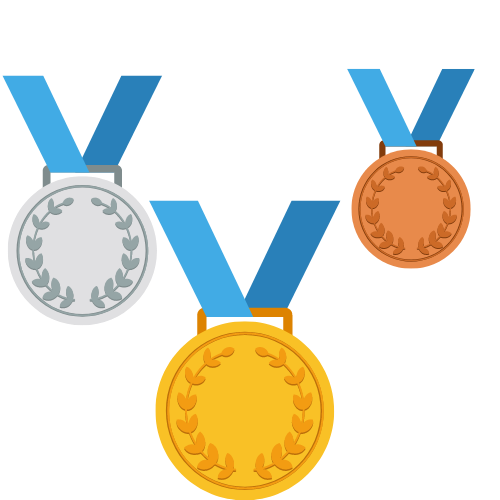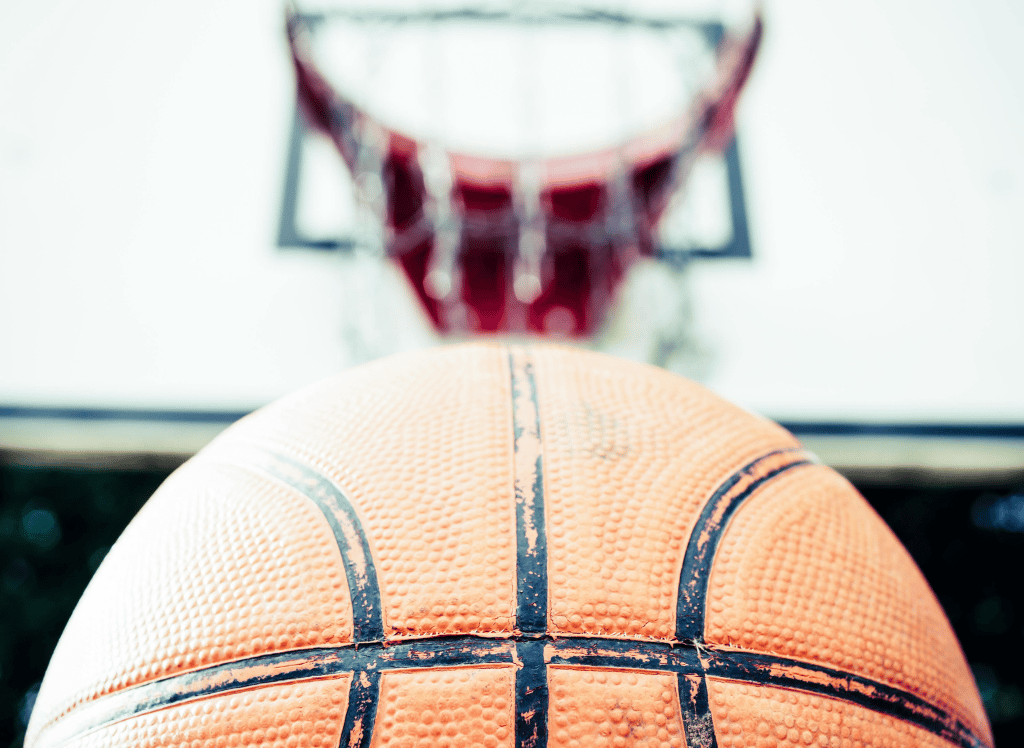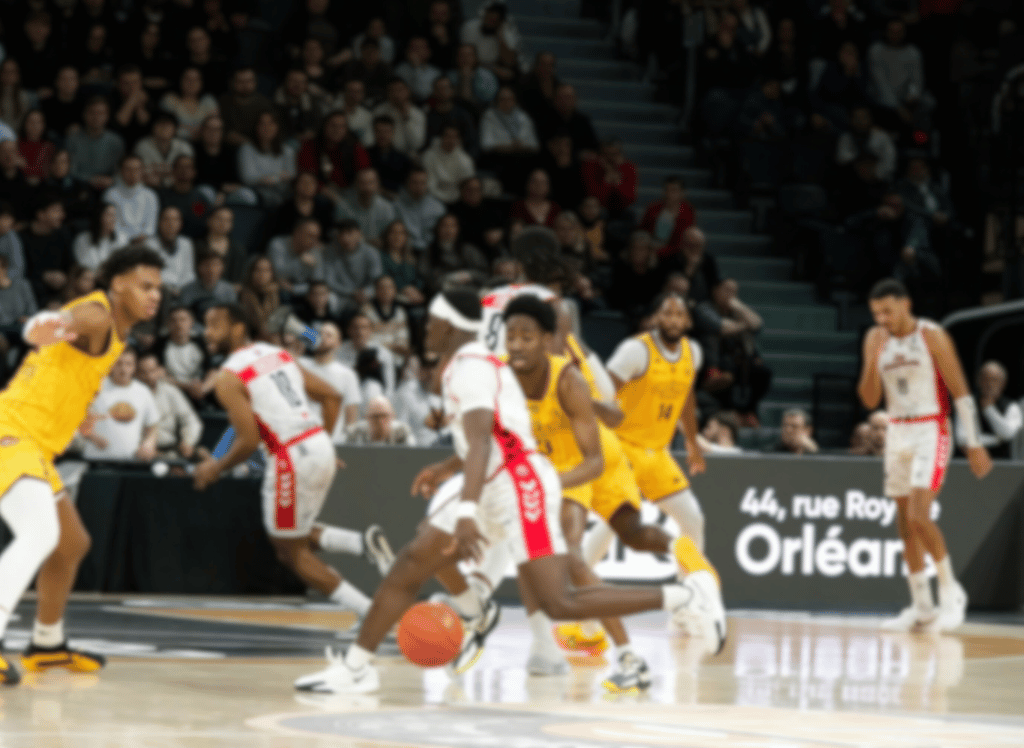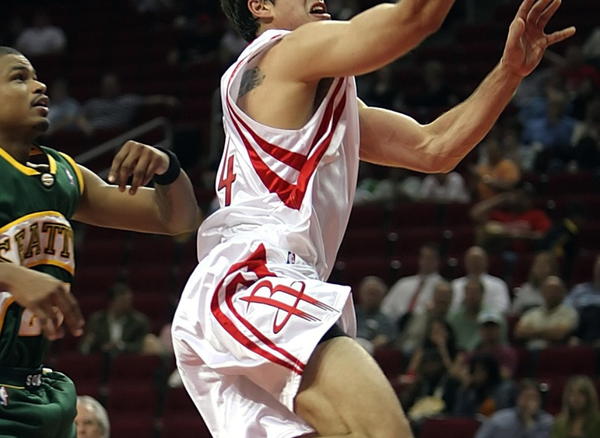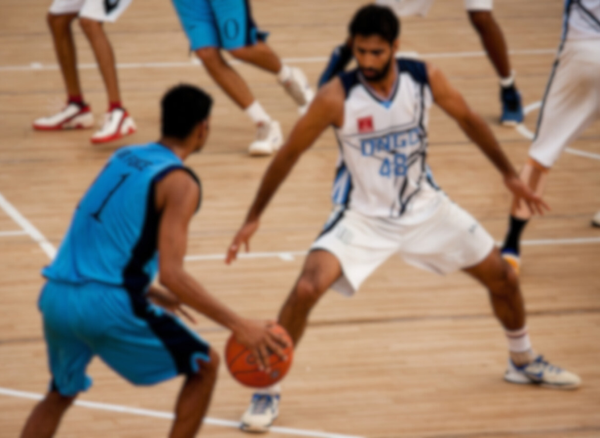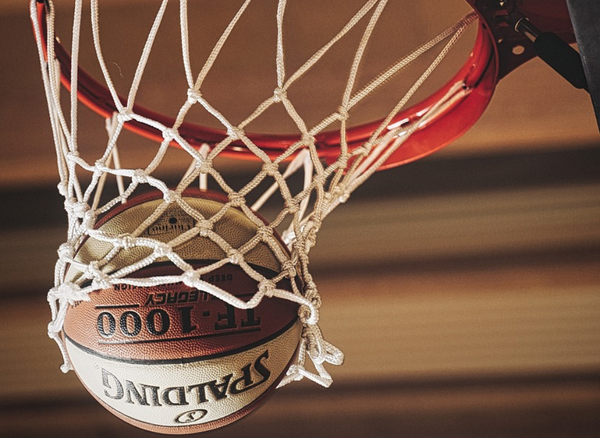What is a nil deal? If you're picturing a shopping cart with zero items at checkout, think again! In the context of college sports, NIL doesn't mean "nothing"; NIL stands for Name, Image, and Likeness.
This concept has flipped the script on the traditional amateurism model in collegiate athletics, allowing athletes to sign contracts and earn money based on their personal brand. It's like turning every college athlete into a mini-celebrity with their own merchandise line!
What are NIL deals?
Before NIL, phrases like "profit" and "college athlete" were as compatible as oil and water.
This means that a talented quarterback or a record-setting swimmer can now appear in commercials, promote products on social media, or even launch their own brand. It's a brave new world where Instagram likes can translate into dollars, and every tweet can potentially fatten your wallet.
How much did Caitlin Clark make in NIL?
While the exact amount of NIL deals that Iowa alum women's basketball player Caitlin Clark has made is not publicly known, it's safe to say she has earned a significant amount. In her first year as an NCAA athlete, Clark was already one of the most marketable players in college sports with her impressive on-court performance and large social media following. She is rumored to have upwards of 3 million from her NIL deals, including a partnership with Nike.
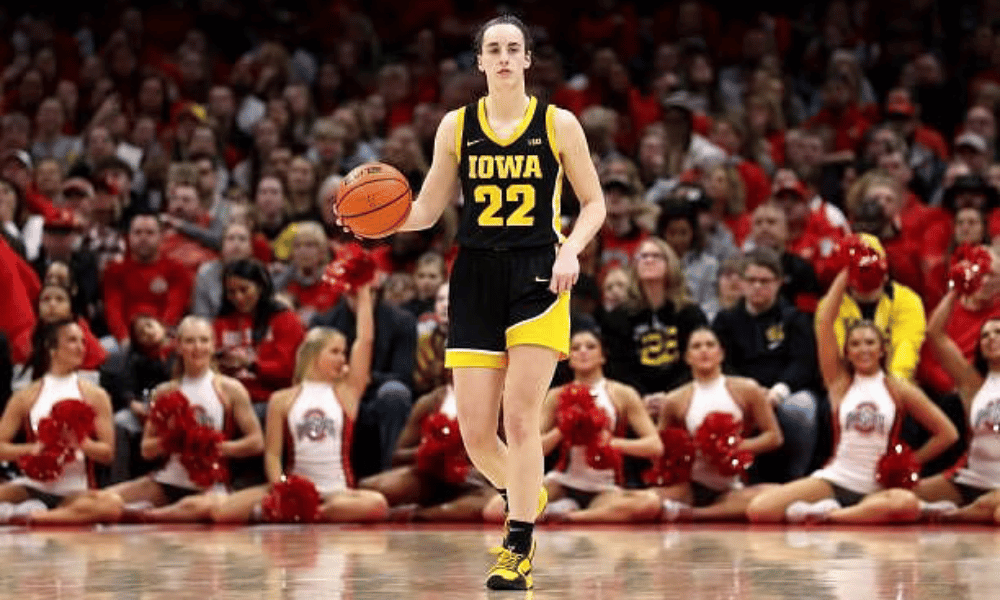
Ground Rules
Navigating the NIL landscape requires a good grasp of the rules. Each state can have its own laws regarding NIL, and individual schools and conferences may set additional guidelines. For instance, while one state might allow deals of any size, another might cap the NIL money earnings or restrict certain types of endorsements. It's like playing a board game where every player can slightly tweak the rules based on their home turf!
Compliance
The importance of compliance cannot be overstressed.
This isn't just bureaucratic red tape; it's about ensuring fairness and maintaining the integrity of college sports. Think of it as keeping the "house" in order, where every room (or rule) is tidy and well-kept to prevent the "parents" (or regulators) from grounding everyone.
Impact on Recruitment
NIL deals have also changed the recruitment game. A prospective student athlete now considers potential NIL earnings when choosing a school. It adds a whole new layer to decision-making, akin to assessing a job offer not just for the salary but for the perks and bonuses. Schools with strong market appeal or supportive NIL policies might attract more top-tier talent, altering the competitive balance in college sports.
Who Benefits Most?
While it might seem that all athletes benefit from NIL deals, the biggest winners are often those in high-profile sports like college football or basketball. These athletes can command six-figure deals due to their visibility and the large fan bases. However, lesser-known athletes in non-revenue sports can also leverage their niche audiences to carve out profitable niches, proving that sometimes, the "small fish" can swim just as fast in the big pond.
Challenges of NIL
Despite the advantages, NIL deals come with their own set of challenges. Balancing athletics, academics, and business engagements can be overwhelming. Moreover, there's the risk of exploitation, where young athletes might sign unfavorable deals without proper guidance. It's a bit like juggling flaming torches; it looks impressive but one wrong move can lead to a nasty burn.
Future of NIL in College Sports
As we look to the future, ongoing adjustments to NIL guidelines are expected. The landscape is still evolving, with discussions at the national level about how to refine and improve the NCAA rules. It's a living, breathing ecosystem that continues to grow and adapt, much like a garden that needs constant tending to yield the best fruits.
Nil Deal FAQs
Please check out the next section for a list of commonly asked questions about NIL deals. We hope this will provide more clarity. Stay informed, stay ahead.
Can high school athletes also benefit from NIL deals?
Currently, NIL deals are primarily for college athletes. High school students need to wait until they are enrolled in a college and recognized as NCAA athletes to engage in NIL activities.
Are there any restrictions on the types of companies athletes can endorse?
Yes, both state laws and school-specific NIL rules can restrict endorsements with certain types of businesses, such as gambling sites or alcohol brands, to protect the athlete's image and compliance with ethical standards.
How do NIL deals affect team dynamics in college sports?
While NIL deals can lead to significant income disparities among teammates, many athletic departments are fostering environments that encourage personal development and team cohesion, aiming to ensure that all athletes feel valued, regardless of their earning potential.
How do NIL deals work?
NIL deals typically involve a formal agreement between an athlete and a company or brand, outlining the terms of the endorsement or partnership. Athletes may receive compensation in the form of money, products, or services in exchange for promoting the brand through various channels such as social media, commercials, or appearances.
How to get NIL deals?
NIL deals can be obtained through various means, including personal connections, agent representation, or self-promotion. Athletes can reach out to companies directly or use social media posts to showcase their talents and attract attention from potential partners.
When did NIL deals start?
NIL deals officially began on July 1, 2021, when several states passed laws allowing college athletes to earn compensation for their name, image, and likeness. However, discussions and debates about NIL have been ongoing for years before that date.
How much is Angel Reese NIL deal?
Angel Reese, a basketball player at the University of Maryland, signed her first NIL deal with Barstool Sports in July 2021. While the exact amount is not publicly disclosed, it has been reported that she will receive a base salary of $75,000 per year and additional bonuses depending on her performance.
Summary
NIL contracts represent a significant evolution in the world of college athletics, allowing athletes to profit from their name, image, and likeness. These agreements have transformed the recruitment landscape and introduced new income opportunities, though they also require careful navigation of complex rules and regulations. As the system matures, further refinements will likely enhance its fairness and effectiveness, ensuring that college sports remain competitive and exciting while also compensating its stars.
